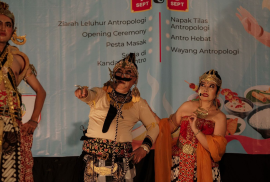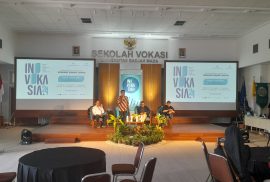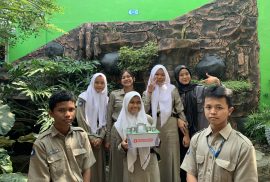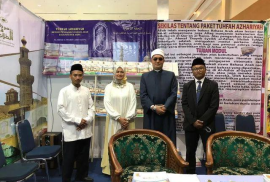Yogyakarta, 4/2/2025 – Prof. dr. Martijn Eickhoff gave a presentation on the extreme violence committed by the Dutch military during the Indonesian War of Independence in a discussion organized by the Universitas Gadjah Mada Department of History and several Dutch institutions on Tuesday, February 4, 2025 in Room 709 Soegondo Building, Faculty of Cultural Sciences, Universitas Gadjah Mada. The discussion was attended by 24 participants, including the Head of the History Department of Universitas Gadjah Mada, Dr. Abdul Wahid.
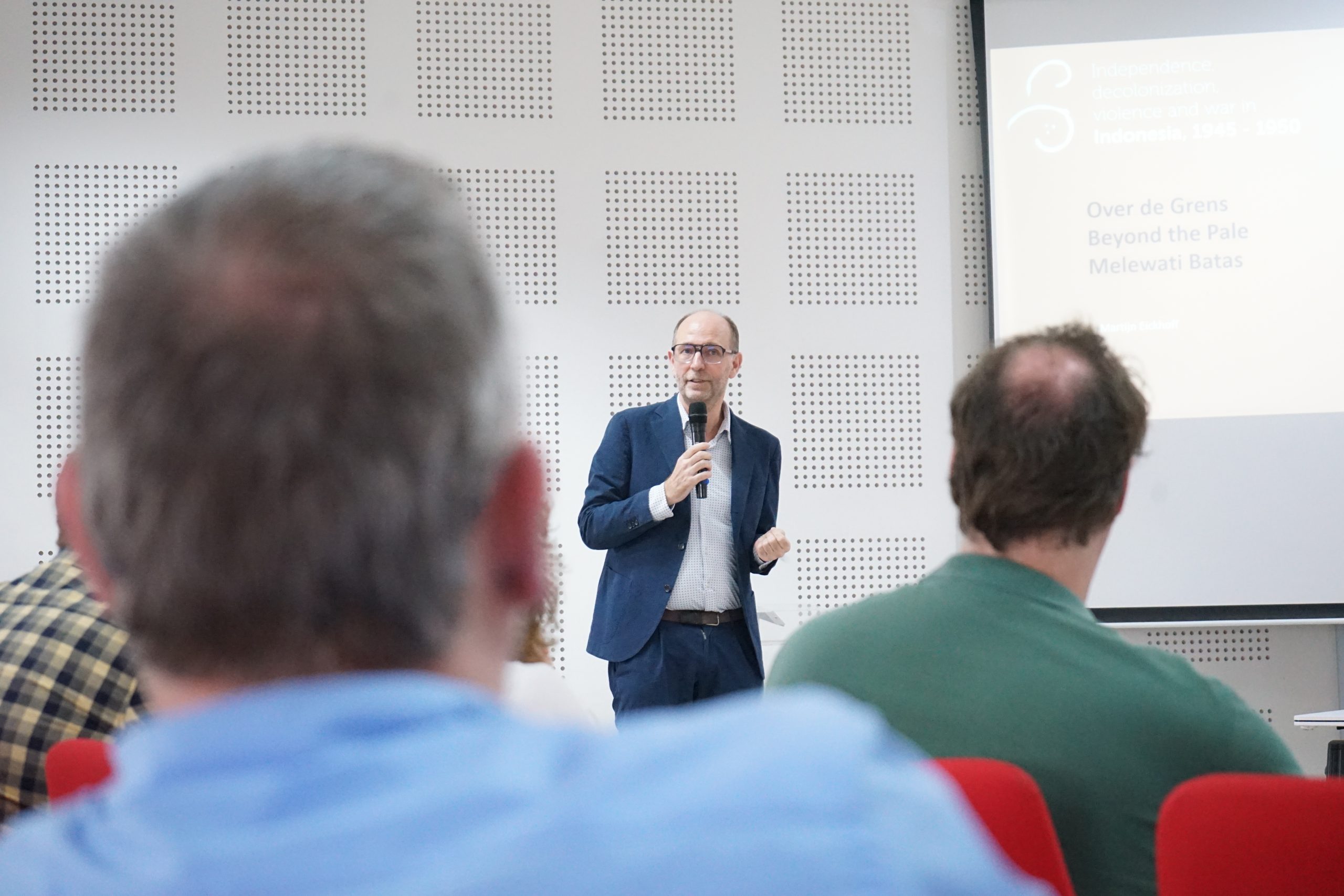
In his presentation, Prof. dr. Martijn Eickhoff outlined the key findings of the book “Beyond the Pale” which is the result of a comprehensive research involving 30 Dutch researchers, 11 Indonesian researchers, and 6 international researchers. The research began in September 2017 with the full support of the Dutch government without any intervention. “The official view of the Dutch government in 1969 that the armed forces as a whole behaved correctly in Indonesia and that there were only a few excesses is no longer tenable,” he says.
The research reveals that the Dutch military frequently and structurally used extreme violence, including torture, summary executions, rape, destruction of property and burning of villages. Political, military, civilian and legal officials at the time tolerated, promoted, covered up and took no action to punish perpetrators of violence.
Prof. dr. Martijn Eickhoff explains some of the factors that led to the extreme violence, including the underestimation of the strength of Indonesian nationalism that led to unrealistic political and military strategies, and the willingness to use extreme violence to destroy the Republic and take control of decolonization. This is in line with what he asserts, “The Dutch armed forces as an institution are responsible for this widespread and structural extreme violence. The Dutch government as a whole is responsible for what happened”.
In response to the results of this study, the Rutte Cabinet immediately offered support and apologies aimed primarily at Indonesian victims, the Indisch community, and veterans. However, some segments of the veteran and Indisch communities expressed disappointment and anger. Activist groups also criticized the study for ignoring centuries of colonial injustice.
In Indonesia, the positive response has mainly come from academics, while the reaction from the government and the public has been cool. This discussion is part of an effort to bridge the historical narratives between Indonesia and the Netherlands in the Indonesian War of Independence.
[Public Relation of Faculty of Cultural Sciences, Muhammad Ebid El Hakim]


